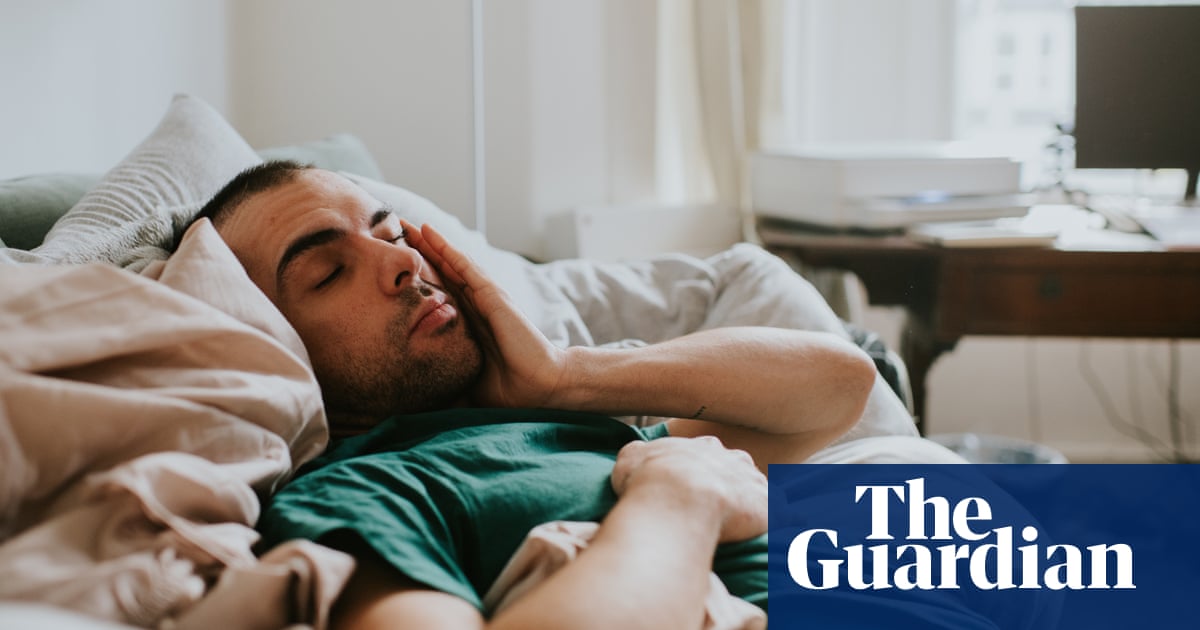
Name: sleep affluence.
Zzzzz. Hey! This is a very interesting and very informative column!
No, I don’t mean it’s boring, I was just asleep. Well, wake up!
Why? It’s time to stop sleeping.
Says who? Says Brendan P Lucey, MD.
Who? Associate professor of neurology and director of the Washington University Sleep Medicine Center. And lead author of a new study at Washington University School of Medicine (which is neither in Washington DC nor Washington state but St Louis, Missouri, confusingly).
Here we go, a new study: what does it say? That it is, in fact, possible to have too much of a good thing.
And if that good thing is sleep, how much is too much? Possibly anything over seven and a half hours a night.
What?! What about my beauty sleep? Eight hours, absolute minimum. The study monitored 100 older adults, in their mid to late 70s.
I am awake now, so tell me what they found. That there’s an association between less than five and a half hours’ sleep and, more surprisingly, more than seven and a half hours’ sleep and reduced cognitive performance for older adults.
So how much is right for the over-75s? The “sweet spot” is somewhere in the middle range, between five and a half and seven and a half hours’ kip.
What else is associated with cognitive decline in older people? Alzheimer’s is the main cause, contributing to around 70% of dementia cases. “It’s been challenging to determine how sleep and different stages of Alzheimer’s disease are related,” said Lucey. “But that’s what you need to know to start designing interventions.”
And for those of us who haven’t reached the three-quarter century mark, how much shuteye should we be getting? It depends on how old you are and who you are. If you’re a new-born baby, anything between 14 and 17 hours a day. Most adults need between six and nine hours a night. And it’s best at regular intervals, so that the brain and internal body clock get into a routine. But for those aged over 45, too much (or not enough) sleep can also raise the risk of heart disease, diabetes, anxiety and obesity.
Do any studies say it’s bad for a teenager’s cognitive powers to sleep until lunch? They do need their sleep. It’s important for mental health and exam results. Not until lunch, though …
In which case … Do say: “Oi, get up!”
Don’t say: “Now I’m so worried I’m not getting the right amount of sleep that I can’t sleep.”












